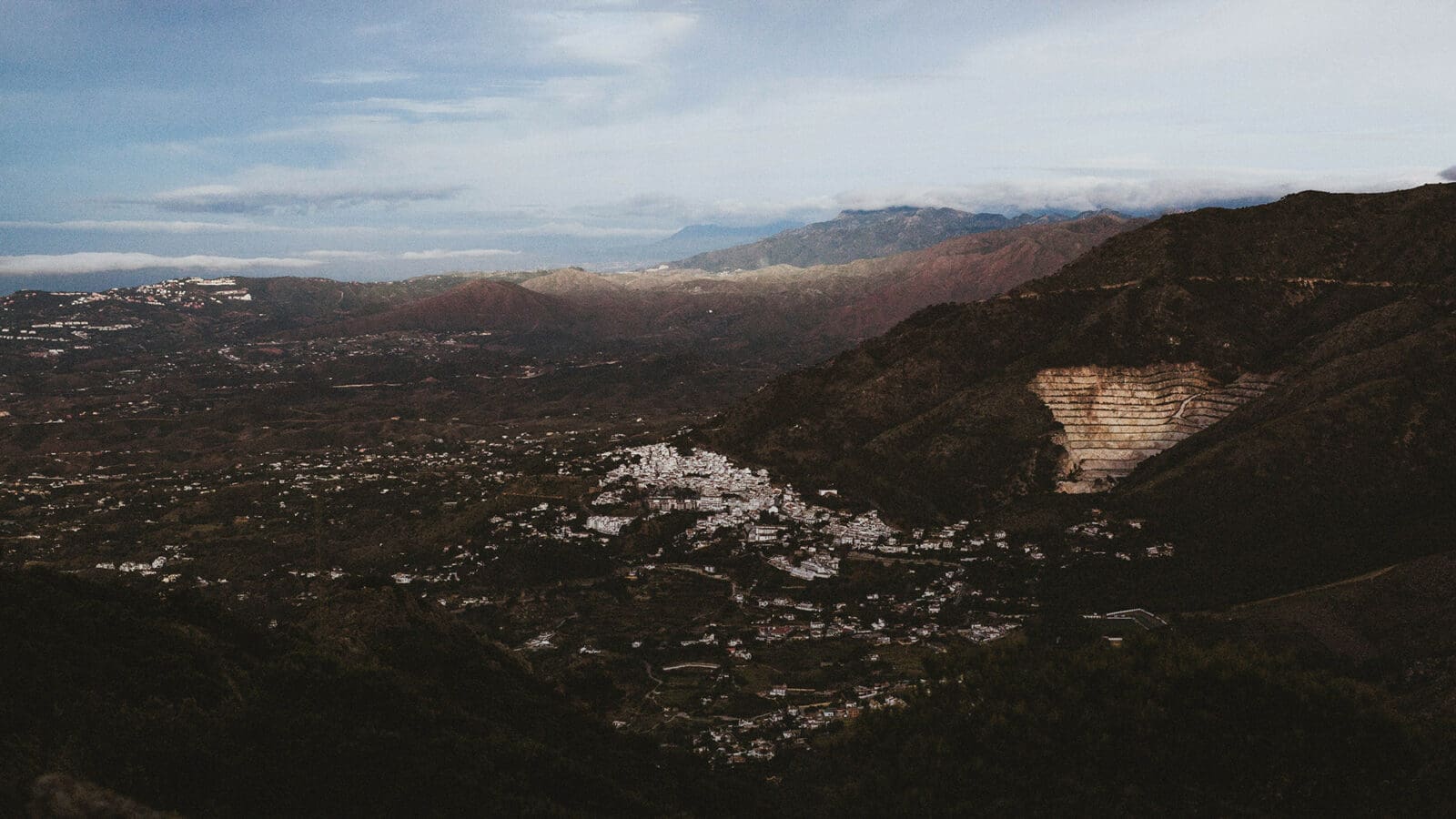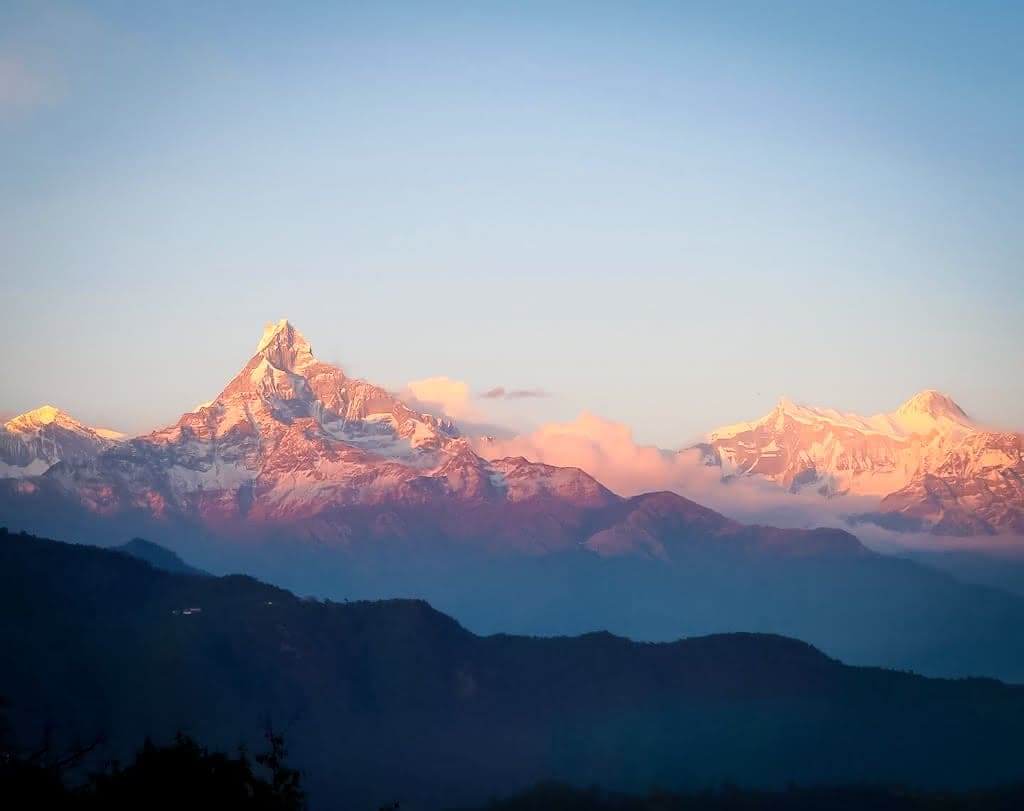Stepping out of the train into the cold of Romania was a jarring experience. It was 3 am, we had been traveling for the last 3 days, and we were utterly exhausted. I remember getting back to the house and sleeping for 13 hours straight. The first few days were pretty relaxed. We got to go checkout the city, see the church for the first time, and go to the mall. For me, the adjustment from Guatemala to Romania was hard, as Romania was much wealthier then Guatemala. The culture shock was real, plus the cold made this new home seem very foreign. We started ministry a few days later. Our ministry in Romania was with a church called Hope Church. The southern part of Romanian is nicknamed “the missionary graveyard” and Hope Church is one of the few Christian church you can find in the south. The first day we did ministry consisted of cultural orientation and language lessons. We learned all about Romania’s communist past and how they were still living in the after effects of it. We also learned that only 1 out of 200 people there knew the Lord.
Romania’s dominant religion is called Romanian Orthodox and is similar to Christianity, except they believe that you had to do enough good works to get into heaven. The vast amount of Romanians we encountered believed this. Our ministry was focused on the youth of Craiova. The morning we would be taught and trained by pastor Raul, and in the afternoons we would go out and meet teens for coffee or shopping. It reminded me of being a part of Younglife back home. Here, we were trying to build relationships with youth in order to bring them to one of the youth nights we had at church. There, our hope was to share the Gospel with them through a fun night of games and a short teaching on who Jesus was.
Honestly, I struggled a lot with ministry. I love working with the youth program at my church back home, but here was different. The way we met kids was by running into them on the streets and starting conversations. It required a lot of boldness and a lot of small talk, both of which I wasn’t very good at. There also was a lot working against us during out time there. Culturally, Romanians are a lot less friendly then the bubbly and outgoing Guatemalans we were used too. We also dealt with a lot of spiritual warfare, which is something that I wasn’t used to facing. Spiritual warfare is a concept that is honestly hard to grasp until you see it, but I’m going to try to explain it and give some examples for you guys. Basically, its when the devil has territory in the people or the places you’re in, and is working against you. My very wise friend Sadie explained as a sickness that you cannot see, but you know its there by its symptoms. The first area we saw the symptoms of spiritual warfare was in the culture. Romanians, though very nice once you get to know them, tend to be a very hard and unwelcoming people. You’ll walk past someone in the grocery store and greet them, and they will just ignore you and keep walking. They are a slow to trust you, but once you have there trust, there are few things you can do to remove it. We had to learn to be okay with getting ignore, and enduring harsh words from people who didn’t want to talk.
Another example of this was actually within our squad. After about the first week being there, people started getting weird dreams or simply being unable to sleep. To the regular person, this doesn’t come as a surprise since we were all sharing one big house, and were packed in like sardines. With all the people snoring or coming in late, it was a shock that anyone could ever sleep. But these are not regular people. No, these are racers on month 6 of the race. They are used to sleeping during Georgia storms, on airport floors, and even on chicken buses. When I tell you they can sleep through anything, I’m not kidding. All this is to say, when many people started struggling to sleep, we immediately started praying over the space we were sleeping in.
My third example of spiritual warfare is the story of a very brave friend. Soon after starting to work with Hope Church, we met a teen name Andreas, who had recently given his life to the Lord. He was my age, and was enrolled in a local public high school. Since he heard about the Lord, his life was changed and he wanted to share it with everyone he met. One day at school, one of his teachers started speaking about Jesus and Christians in a really offensive way. Andreas raised his hand and started to defend His faith in a peaceful manner. The teacher then asked him to either sit down and cooperate or leave the class. The next day, Andreas was pulled into the principals office and basically told that if he ever spoke about his faith again then he would be kicked out of the school. Not only that, but many of his friends disowned him because of his new relationship with the Lord. Through this whole ordeal, we watch as, again and again, Andreas chose to follow God even when facing persecution. Romania is considered a religiously free country, and yet this is what so many of the youth deal with when they tell people they have become a christian.
Though my time in Craiova was short, I learned a lot about what it means to walk in boldness and to lean on community. Craiova was a spiritually dark place, but we got to be lights in the darkness. We got to go out everyday and share the message of God and how there is nothing you can do to earn his love. We also got to encourage those who live there full time, and help carry some of their weight for a little. Honestly, there were so many stories of the Lord faithfulness in that land. Through the hard days or days full of rejection, I learned what it meant to lean on the people I was doing this with. My squad is full of the most Jesus-filled, loving, and caring people I’ve ever met. There were many days where I struggled to see the Lord’s goodness in our ministry, but I could always count on them to show me Christ. Romania was hard for our entire squad, but it also made us closer then ever. Truly, we have become a huge family, and there’s no one else I’d want to run this race with.
-KJ



